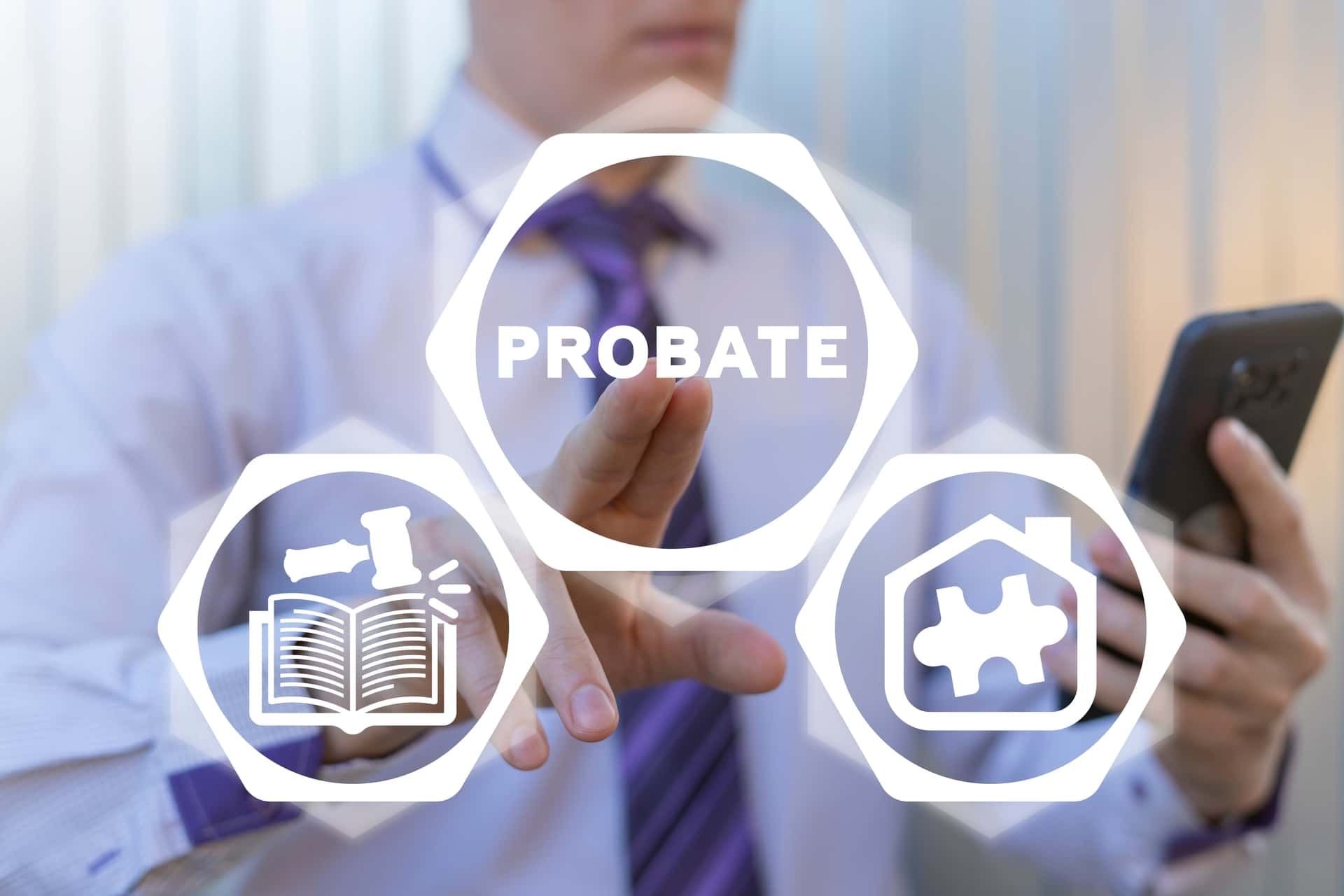Irrevocable Trusts Explained
A trust is created by an individual with the aim of providing the distribution of their assets after death. It can also be created at the time of death (a will), as well as set up during the individual’s lifetime (a living trust).
Due to the inherent complexity, many people are confused about the rules and laws that apply to these legally binding arrangements. We constantly get questions from clients about modifying an irrevocable trust, and in particular, what happens to an irrevocable trust when the grantor dies.
To get an answer to all these questions and learn more about trusts, continue reading this article.
What Is An Irrevocable Trust?
An irrevocable trust is a contract in which the grantor deposits their assets into the trust. While they still maintain ownership of the deposited assets, they give up their control over them.
Now the question is: who gets to control these assets?
The trustee of the grant needs to manage these assets according to the grantor’s terms. Upon the death of the grantor, the beneficiary is legally entitled to all the assets deposited in the trust (but more on that later).
The reason why
irrevocable trusts are so useful is the fact that they help you avoid probate. This is a process in which you provide an executor with legal authority over your property and estate after your death.
Unfortunately, this can be both time-consuming and expensive for beneficiaries for a number of reasons. First, probate occurs before distributions are made to the beneficiaries and it also needs to be supervised by the court.
In wills, the executor named in the document will handle the entire process. However, if no executor is named, there will be no one to represent the wishes of the deceased grantor, and thus the probate process will take significantly longer.
With trusts, you can avoid this conundrum by naming your executor before you pass away. This means that the trustees will be in charge of distributing the assets as you intended without any court involvement or executors determined by the judge.
Many go down this route as it’s a great way to avoid taxation when your heirs inherit your assets.
When Is An Irrevocable Trust Considered Valid?
Just like any legal document, an irrevocable trust must be executed properly to be considered legally valid. Florida law (section 736.0403, to be exact) states that in case a trust includes any testamentary provisions, it must be executed the same way as a will.
This means that two witnesses and a notary must be present when the trust is signed, and the trust must have a self-proving affidavit.
While contributions to a will are testamentary gifts, with an irrevocable trust, gifts are current gifts. In other words, an irrevocable trust doesn’t need to follow the same requirements and formalities needed for
wills.
What Happens To An Irrevocable Trust When The Grantor Dies?
Once the grantor has passed away, the successor trustee will assume control of the trust and be in charge of distributing the assets from the trust to the beneficiaries. What happens to an irrevocable trust when the grantor dies is pretty straightforward - it continues existing until all the assets are finally distributed.
If the beneficiaries are minors, the successor trustee will also be responsible for managing their assets and placing them into a sub-trust. This sub-trust will be active until the beneficiary reaches the age when they are legally allowed to receive the assets without supervision.
Furthermore, a successor trustee will have an extra set of responsibilities, such as:
- Informing beneficiaries of the trust
- Appraising the assets in the trust
- Distributing the assets
- Preparing an Affidavit of Assumption of Duties
- Submitting the grantor’s income tax return
In some instances, there are multiple successor trustees designated by the grantor. When this happens, named trustees must cooperate to fulfill the obligations of the trust. Depending on the trust, the successors may have to agree on any actions, but they may also be legally free to act independently from other trustees.
Can An Irrevocable Trust Be Modified?
Now that you know what happens to an irrevocable trust when the grantor dies, it’s time to see if an irrevocable trust can be modified after it was established. In Florida, an irrevocable trust can only be revoked, not modified.
For that to happen, a trustee must have evidence about the grantor’s mental competence when they signed the document or that they had capacity during their gradual process of dying. In other words, since the creator of the trust no longer has control over the trust, only the beneficiaries can agree to revoke it through a court-approved termination agreement.
When an irrevocable trust is revoked, the distribution from the original trust won’t be respected and if there is no new will after the grantor dies, assets will be distributed according to Florida intestacy laws.
Learn more about the Florida Statutes that dictate intestate succession laws.
It’s also worth noting that even if the creator can’t modify the trust directly, it can still be somewhat modified.
For example, they can change the terms of the trust with a trust amendment. Do note that this only applies to making minor changes such as changing the beneficiaries or trustors, and can’t be used for removing or adding assets.
Additionally, it’s possible to use trust decanting. For instance, if the real estate from the trust has increased in value, the court can change the terms of the trust to allow for the transfer or sale of that particular asset.
Get In Touch With The Law Offices of Mary E. King For Your Irrevocable Trust Needs
Irrevocable trusts are a complicated matter and they require a high degree of legal expertise, which is why many people just don't understand them enough. If you’re seeking legal advice about setting up a revocable trust or revoking an old one, you should consult a trust law attorney with plenty of experience.
At the
Law Offices of Mary E. King, we specialize in everything related to taxes, estate planning, wills, and trusts as that is our bread and butter. We’re well equipped to provide you with the best legal advice available regarding end-of-life plans, which will ultimately give you peace of mind.
Call
941-906-7585 or fill out our online
contact form to schedule an appointment and get the legal representation you deserve.
Note:
The information in this blog post is for reference only and not legal advice. As such, you should not make legal decisions based on the information in this blog post. Moreover, there is no lawyer-client relationship resulting from this blog post, nor should any such relationship be implied. If you need legal counsel, please consult a lawyer licensed to practice in your jurisdiction.
Disclaimer: The information on this website and blog is for general informational purposes only and is not professional advice. We make no guarantees of accuracy or completeness. We disclaim all liability for errors, omissions, or reliance on this content. Always consult a qualified professional for specific guidance.
RECENT POSTS
CONTACT US






